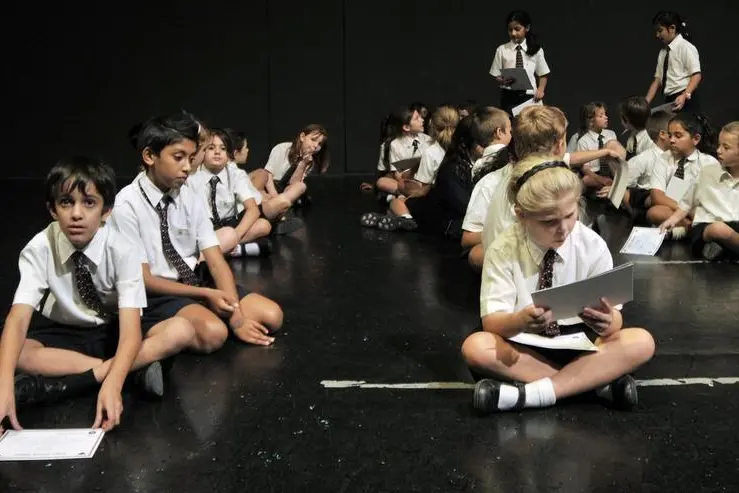PHOTO
Private school students in Dubai are performing above the international average in mathematics, science and reading, according to the latest results of the Programme for International Student Assessment (Pisa).
The students have scored 501, 500, and 501 for mathematics, science and reading, respectively, well above the average of 489, 489 and 487.
Taken as a group, Dubai private schools ranked 19th among all countries and economies participating in Pisa, meeting a target of the 2021 National Agenda.
"These results confirm the commitment that private schools in Dubai have made to provide world-class education to hundreds of thousands of students from all over the globe," said Dr Abdulla Al Karam, chairman of the Board of Directors and director-general of the Knowledge and Human Development Authority (KHDA).
"All families in the emirate - whether they've been here for many years or considering a move here in the future - can feel confident that their children are receiving high quality education, comparable to the best in the world." Since Dubai private schools first participated in Pisa in 2009, students' scores for mathematics, science and reading have gone up by 27, 14 and 22 points, respectively. This increase is equivalent to half a year's worth of extra schooling, based on the assessment's standards.
Emirati students in these schools also showed significant progress. In mathematics, they have improved by 36 points between 2009 and 2018 - equivalent to one year's extra schooling. In science, they have climbed 27 points, and 19 points in reading over the same period.
Curriculum scores
In general, the highest scorers by curriculum were students attending International Baccalaureate schools, followed by students at UK curriculum schools, then those at Indian curriculum schools, and schools offering a US-based curriculum.
"We're grateful to the support and love shown by Dubai's community of teachers, school leaders and parents - these results reflect their devotion to giving all our children a high-quality education that is rooted in wellbeing and rising towards the future," Dr Al Karam said.
Pisa assesses how well students can use real-life skills to apply mathematics, science and reading skills in practical, everyday situations. Many of the skills required, such as confidence, problem-solving, perseverance and empathy, are linked to wellbeing and improved life outcomes.
Pisa is held every three years by the Organisation for Economic Cooperation and Development (OECD). The latest cycle included 800,000 students from 79 countries.





















